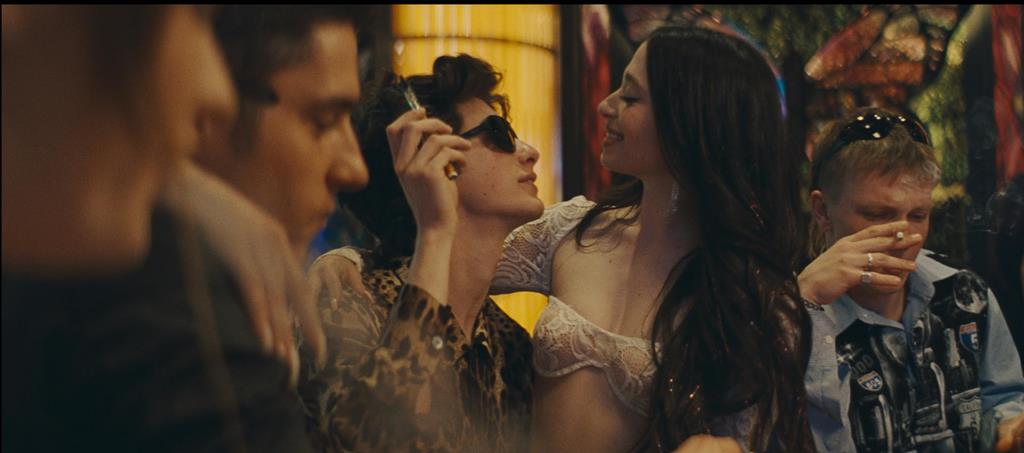And drop it did. Utter chaos ensues when Ivan’s parents find out about the pair’s Las Vegas wedding, after which they immediately demand for it to be annulled. As expected, Ivan runs from all responsibility, leaving Ani to be manhandled by Ivan’s godfather, Toros (Karren Karagulian) and his cronies, Garnick (Vache Tovmasyan) and Igor (Yura Borisov) as they hunt Brooklyn for the escaped Ivan.

The awkward stupidity of almost every character and the film’s fast-paced dialogue give an otherwise traumatizing situation a sense of humour and brevity. In real life it would’ve been completely inappropriate to laugh at the situation, but the way the characters talk over each other, speak in circles, and never accomplish anything had the entire theatre howling. It was a nice surprise, as most movies that deal with gritty subject matter tend to take themselves too seriously.
Throughout the movie there were so many unlikable likable characters that I wanted to slap in the face, which can only be testament to the amazing acting and writing. I got second-hand embarrassment, second-hand rage, and at several points every muscle in my body tensed. It was that good at evoking emotion.
My one criticism is the beginning of the film: the first act was too drawn out, with a number of repetitive scenes. Yes, we have to establish the characters and the narrative, but when you contrast it with the last two acts’ fast pace, the first feels like a drag.
Having the main character’s name as the title gave me the impression that the plot of the movie would be more character-driven; that it would give us a glimpse into how Ani grew up and how she got to where she is now. Maybe Sean Baker, Anora’s writer and director, thought this particular storyline has been overdone. While we don’t need the context of Anora’s life for the movie to be effective, I was left feeling slighted because the title insinuated something other than what the film delivered.
Anora begs the question: can there be love when money is involved? It also asks its viewers to think about what sex symbolizes: love? Power? Pleasure? Desperation? In a time when female independence can look like anything, it shows a woman who is stubbornly loyal and not afraid to speak her mind, fighting for someone who’s abandoned her.
Maybe it’s pathetic, or maybe it’s love. Watch Anora and decide for yourself.


